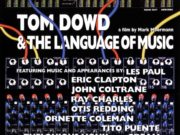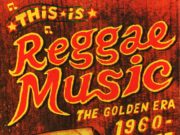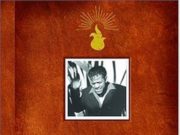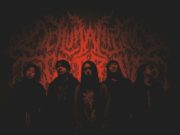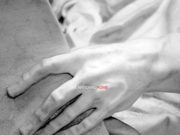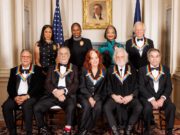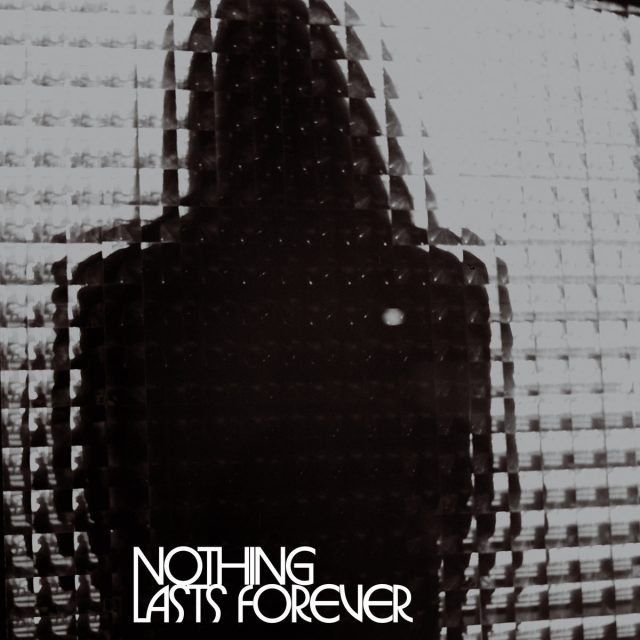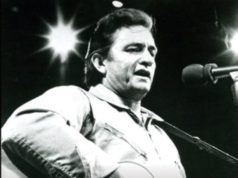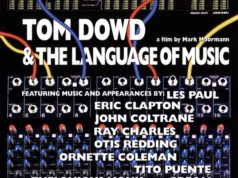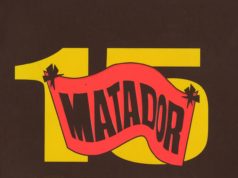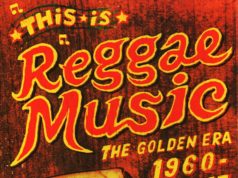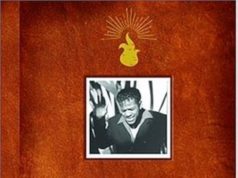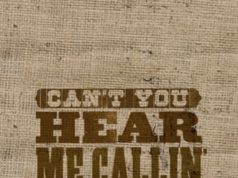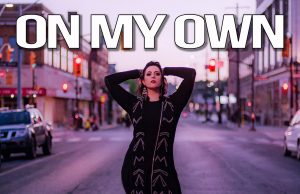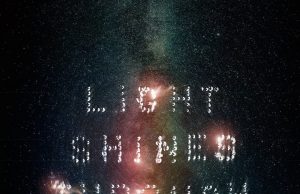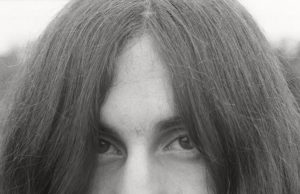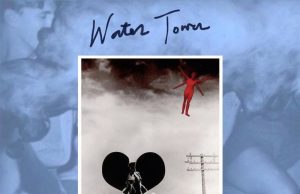THE EDITED PRESS RELEASE: “The first sound you hear is a sustained feedback note that hangs in the air with the grace of a dragonfly before an acoustic riff spirals out of it, soaring upwards. It’s blissful and sun-soaked, like a late summer haze blurring out all the details on the horizon. When voices join the music, they arrive perfectly locked together, honed in on a single melody. “It’s time to move along / and leave the past behind me…” The message is simple. Don’t look back, only forward.
Foreign Land is the opening track on Teenage Fanclub’s 11th studio album Nothing Lasts Forever. That track — and the rest of this beautifully rich and melodic album — is the sound of a season’s end, of the last warm days of the year while nights begin to draw in and thoughts become reflective and more than a little melancholy.
Norman Blake on Foreign Land: “The song is about moving forward, not dwelling on the past. We shot the video in Hamilton Mausoleum, near Glasgow. Given that the album is called Nothing Lasts Forever, we thought it would be appropriate to shoot a video inside a tomb.”
That reflection is everywhere on the record, whether on the autumnal folk rock of Tired Of Being Alone that repositions Laurel Canyon to somewhere deep in the heart of the Wye Valley, the William Blake-quoting Self-Sedation or on the song that preceded Nothing Lasts Forever’s completion, last year’s I Left A Light On, where a spark of hope is kept alight at the end of a relationship.
One of the recurring themes on Nothing Lasts Forever is light, as a both a metaphor for hope and as an ultimate destination further down the road. Although the band’s songwriters Blake and Raymond McGinley found themselves touching on similar themes, it was pure coincidence.
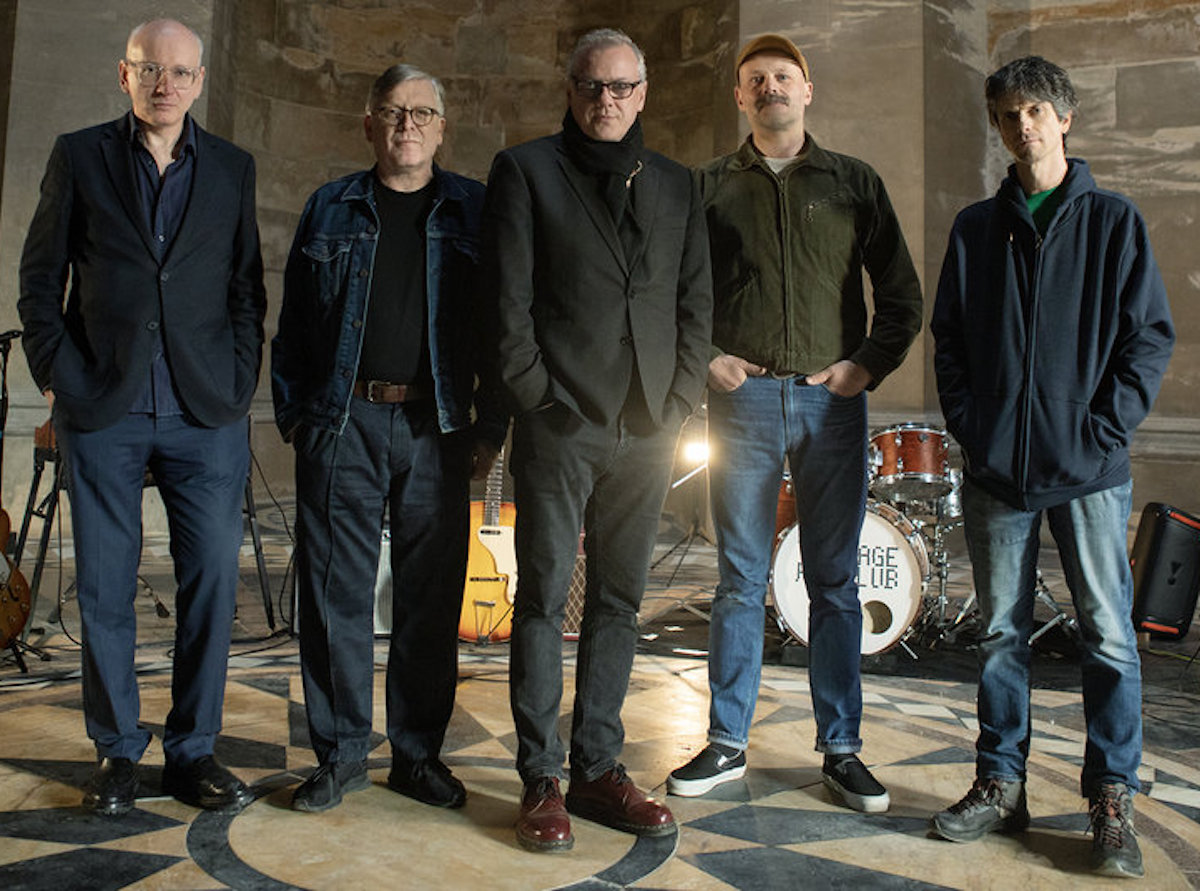
Raymond: “We never talk about what we’re going to do before we start making a record. We don’t plan much other than the nuts and bolts of where we’re going to record and when. That thing about light was completely accidental; we didn’t realise that until we’d finished half the songs. The record feels reflective, and I think the more we do this thing, the more we become comfortable with going to that place of melancholy, feeling and expressing those feelings.”
Norman: “These songs are definitely personal. You’re getting older, you’re going into the cupboard getting the black suit out more often. Thoughts of mortality and the idea of the light must have been playing on our minds a lot. The songs on the last record were influenced by the breakup of my marriage. It was cathartic to write those songs. These new songs are reflective of how I’m feeling now, coming out of that period. They’re fairly optimistic, there’s an acceptance of a situation and all of the experience that comes with that acceptance. When we write, it’s a reflection of our lives, which are pretty ordinary. We’re not extraordinary people, and normal people get older. There’s a lot to write about in the mundane. I love reading Raymond Carver. Very often there’s not a lot that happens in those stories, but they speak to lived experience.”
While the vocals and the finishing touches on Nothing Lasts Forever were recorded at Raymond’s place in Glasgow, the music was recorded in an intense 10-day period in the bucolic Welsh countryside at Rockfield Studios, near Monmouth in late August. You can hear the effect of that environment on the record — it’s full of soft breeze, wide skies, beauty and space.
Raymond: “We like to get something out of where we go, and you can definitely hear a stamp of Rockfield on the record. We recorded our album Howdy there in the late ’90s. Prior to that I’d been a bit reluctant to go as everyone seemed to record there, especially if you were signed to Creation, but I thought I’d go and have a look at the place. When I went down there, I loved the fact that there’s no memorabilia about anyone who’s ever been in the studio. The only visual musical reference is a picture of Joe Meek on their office wall. Anyway, over 20 years after our first visit we decided to go back. When you’re there, it feels like your place. We’re really rubbish at trying to find words to describe how our music sounds, but maybe because we recorded in Rockfield in late summer, there’s something pastoral about the record.”
The band that recorded Nothing Lasts Forever — Blake and McGinley along with Francis Macdonald on drums, Dave McGowan on bass and Euros Childs on keyboards — arrived at the residential studio without a fixed plan. Their confidence and ease with working together meant the record came together incredibly quickly.
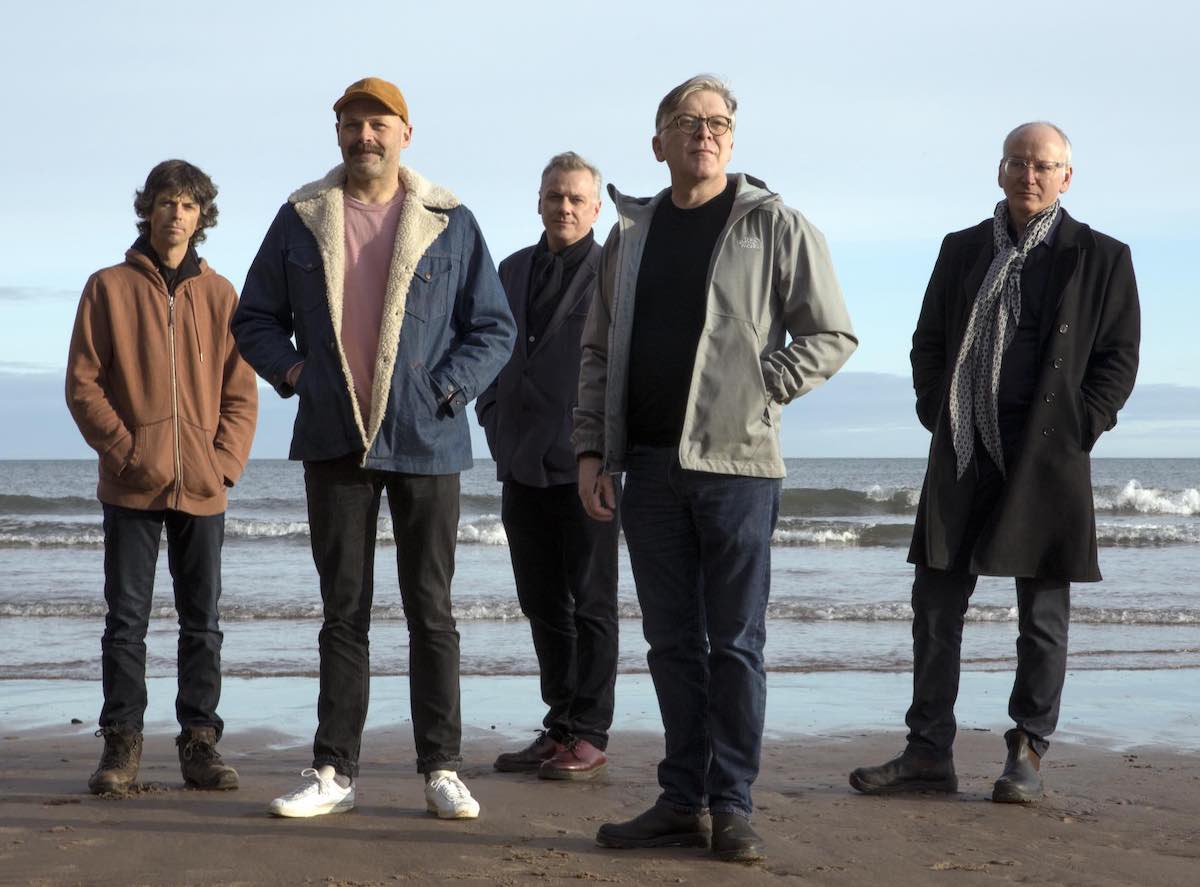
Raymond: “When we got offered 10 days in Rockfield, we weren’t ready in our minds but then we just thought, ‘Fuck it’ and went for it. If you’re sitting around waiting for the stars to align, you can end up never doing anything. We turned up and worked our way through ideas, and came up with some while we were there. The song Foreign Land was born in the studio. If we hadn’t gone there at that point through happenstance, that song wouldn’t exist. We like to let things happen. As people, we find a deadline inspiring. We like to put ourselves on the spot and see what happens. We usually get away with it. This record is the cliche of the blank canvas, which thankfully we managed to fill.”
Norman: “We’ve all been playing together for such a long time. In the past, whoever had written the song would have been the director. ‘This is how I’m hearing the drums, if you could play the bass like this…’ We don’t do that now. Raymond or myself would just bring in the idea and people would listen and play what works with it. We’d play for a couple of hours and that would be the arrangement. There’s a trust that comes from knowing each other such a long time, a kind of telepathy. Everyone knows where they fit in the puzzle.”
One of the most striking lyrics on the record is on the closing track I Will Love You. A gorgeous, seven-minute, almost-Kosmiche acoustic-daydream drone, it looks to a point beyond the fury and polarisation of our modern discourse, to a time when “the bigots are gone / after they apologise / for all the harm that they’ve done.”
Raymond: “In many ways, us-and-them-ism has taken over the world. I Will Love You is looking for positivity but it’s being totally fatalistic at the same time. This shit will exist forever, what are you going to do about it. I came up with the line ‘I will love you / until the flags are put down / and the exceptionalists are buried under the ground” while I was playing the guitar. I started wondering what that was all about and where it might go. It’s looking for positives within a fatalistic, negative view of human nature.”
Looking for positives while faced with the grim realities of the 21st century feels very Teenage Fanclub — a band who’ve been a force for good for over three decades and who can effortlessly turn melancholy into glorious, chiming harmony.”



